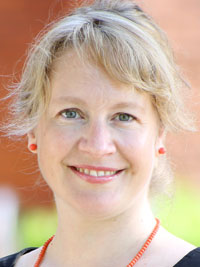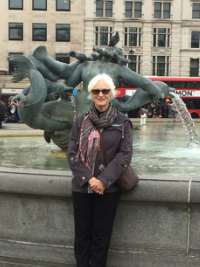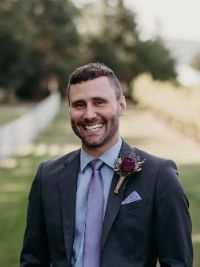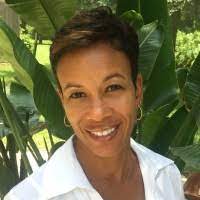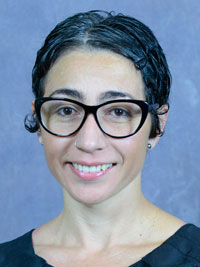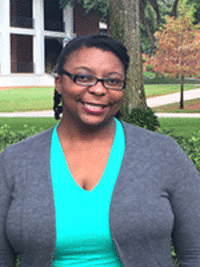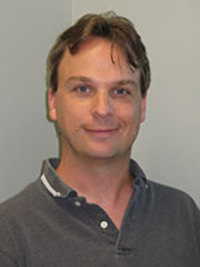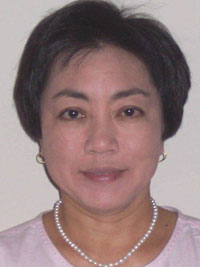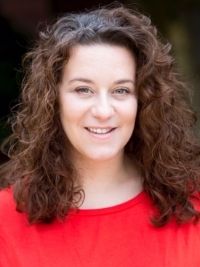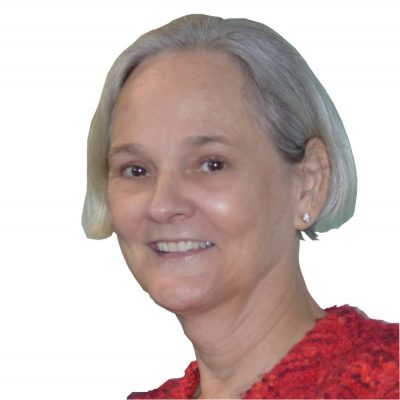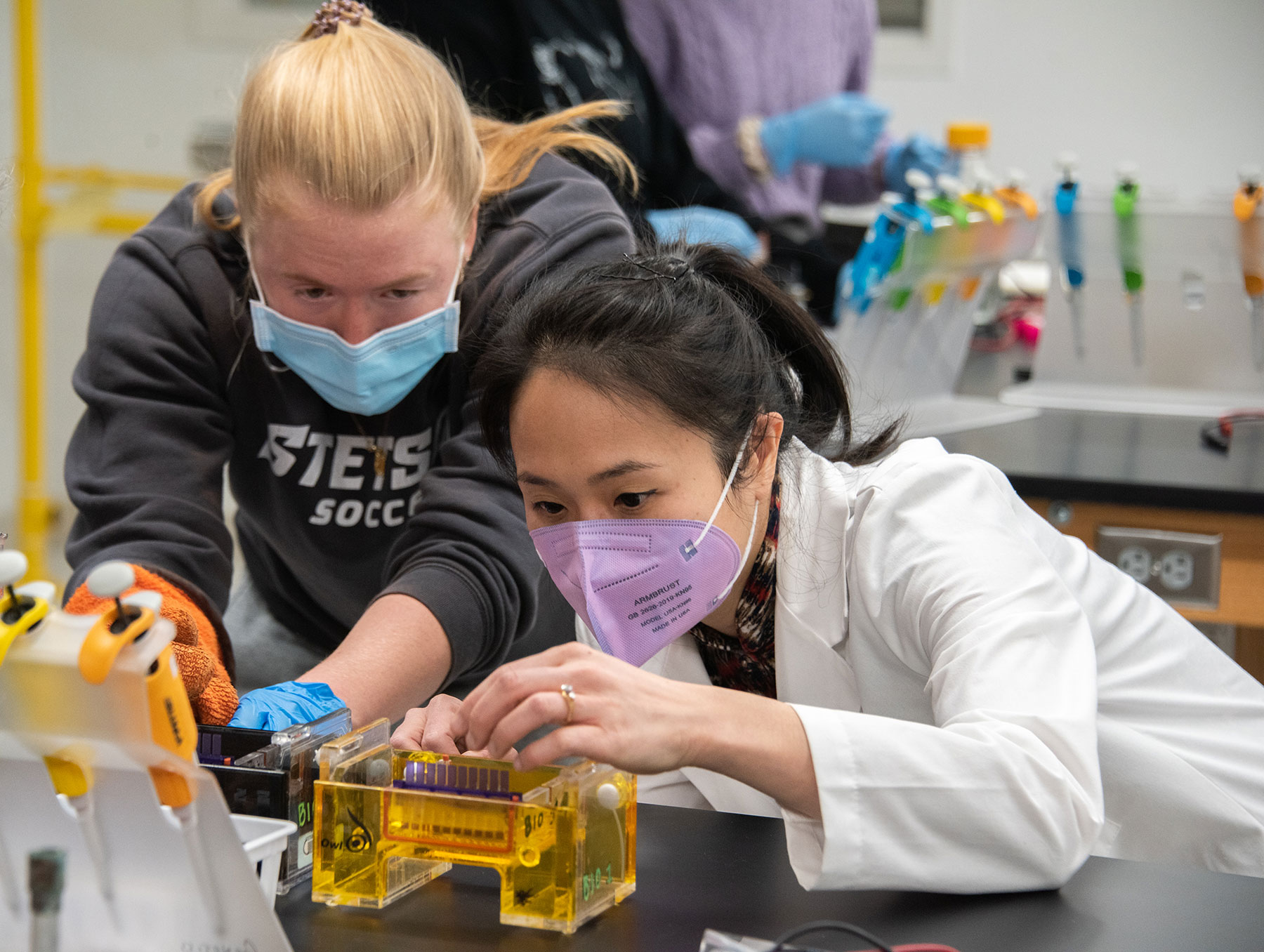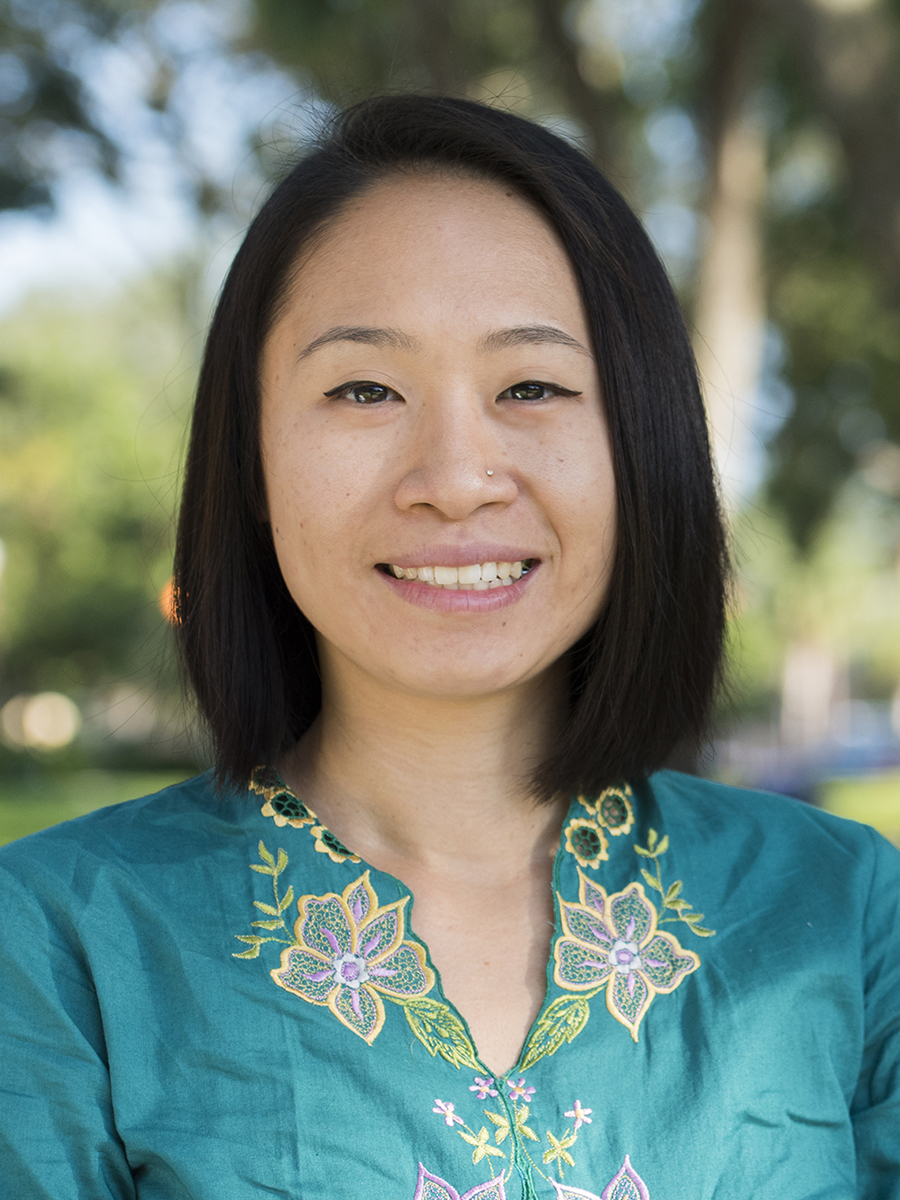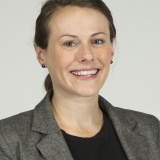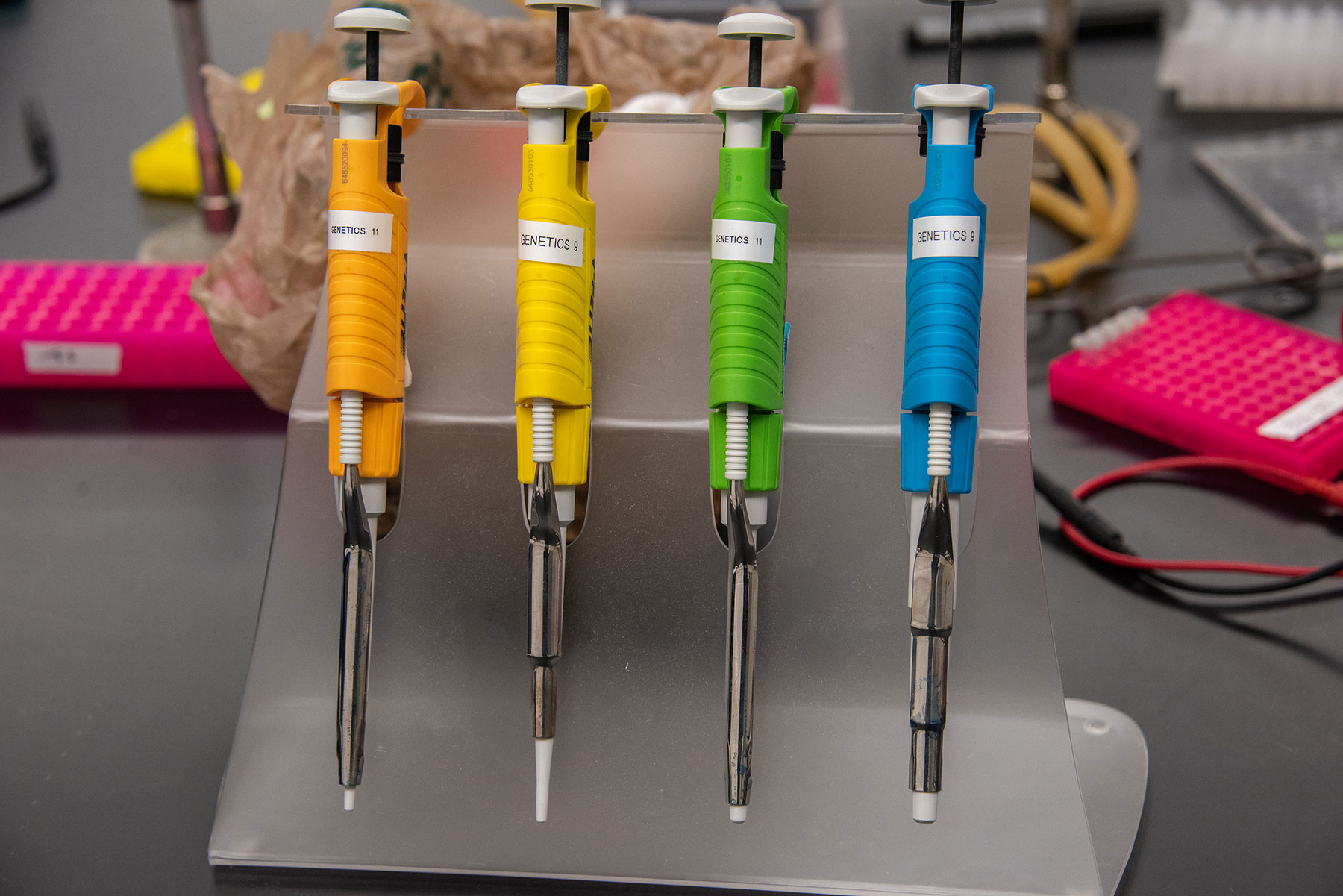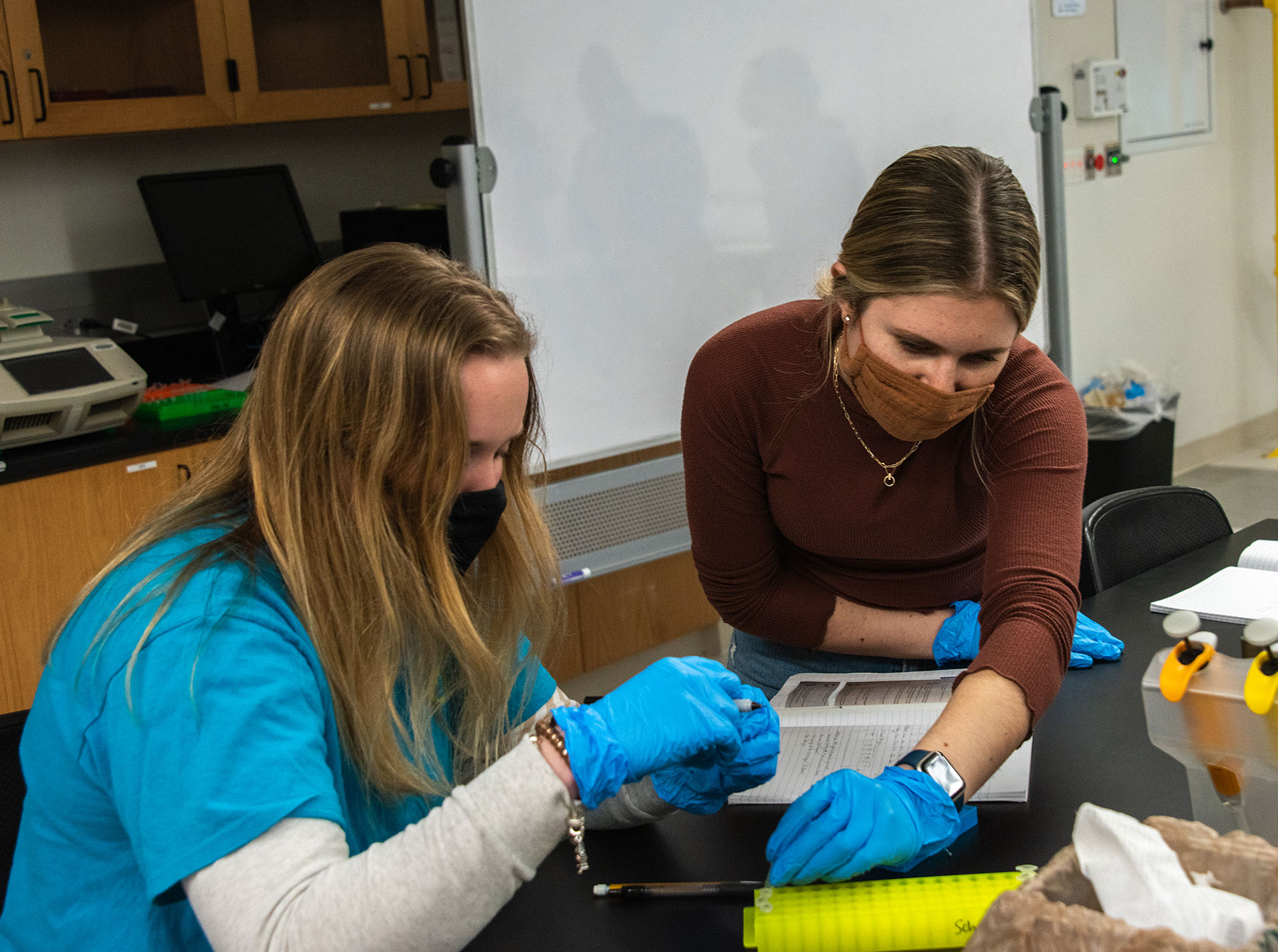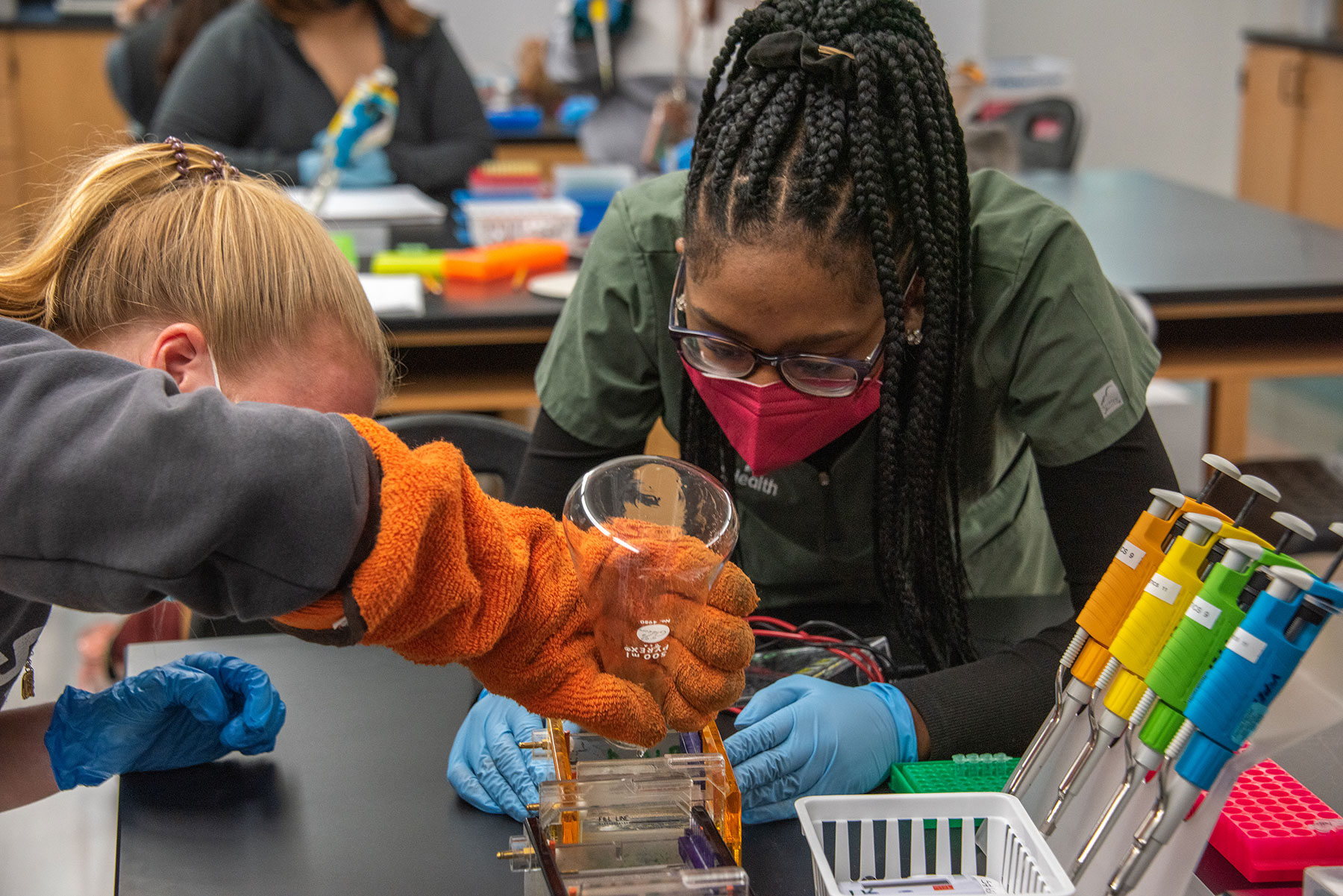Congratulations to the recipients of the 2022-2023 Sabbatical Awards:

Benjamin Tanner, Associate Professor and Chair of Environmental Science and Studies, “Is Water Lettuce a Native Aquatic Plant in Florida?”

Christopher de Bodisco, Assistant Professor of Economics, “Expert Judgement, Meta Analysis and the Development of Conservation Planning Priorities”

Dengke Chen, Assistant Professor of Digital Arts, “Digital Preservation of the Endangered Tujia Cultural Heritage”

Hala ElAarag, Professor of Computer Science, “Using Extended Knowledge Graph for Detection of Non-Conventional Information Pollution.”

Hari Pulapaka, Associate Professor of Mathematics, “Graph Theoretic Properties of the Flavor Network.”

Holley Lynch, Assistant Professor of Physics, “Edge Effects on Tissue Spreading in Amphibians”

Jason Evans, Associate Professor of Environmental Science and Studies, “Operationalizing Resilience Metrics for Climate Adaptation and Ecosystem Restoration in the Southeast Atlantic Coastal Region.”

Kathy Jo Piechura-Couture, Professor of Education, Nina B. Hollis Institute of Educational Reform, “L.I.F.E (Learning Incredible Skills for Everyday Curriculum”

Mary Ellen Oslick, Associate Professor of Education, “Enhancing the Science of Reading with Dyslexia Training”

Michael Eskenazi, Professor of Psychology, “The Creation of An Open-Source Eye-Tracking Corpus with Reading Skills Measures”
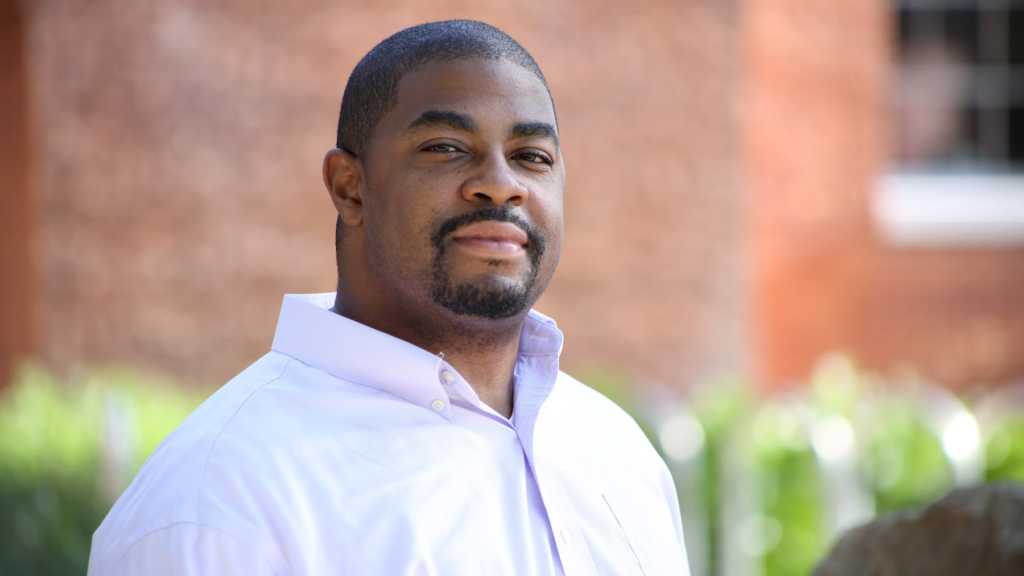
Randall Croom, Professor of Management, “The Interesection of Organizational Behavior”

Ranjini Thaver, Professor of Economics, “The Relationship Between Economic Growth and Financial Depth in India, Brazil, and South Africa Alliance.”

Robert Sitler, “Professor of World Languages and Cultures, Director of Latin American and Latino Studies Program. “

Ron Hall, Professor of Philosophy, “Language and Love”

Steven Smallpage, Assistant Professor of Political Science, “Excavating the Concept of Political Romanticism”

Susan Peppers-Bates, Associate Professor of Philosophy, “Christianity, Hermeneutical Injustice, and Epistemic Vice”

Tim Peter, Professor of Music, “Singing in South Africa: Opportunities for Field Studies, Musical, Educational, and Cultural Immersion”

William Andrews, Associate Professor of Management, “Transforming the Political Economy: Prioritizing Change in Developing Economies”

